The Career Readiness Crisis: Why 60% of Students Are Heading for a Reality Check
New OECD data reveals a stunning disconnect between student expectations and the real world of work.
.webp)
Picture this: Nearly two-thirds of high school students expect to land professional careers, but only about one in four jobs in the real economy actually fits that description. Meanwhile, half of these same students worry they can't afford their dream careers, and an alarming 54% believe school has done little to prepare them for adult life.
This isn't speculation—it's the sobering reality revealed by the latest OECD Teenage Career Readiness Dashboard, which surveyed students across dozens of countries participating in PISA 2022. The findings paint a clear picture of a generation caught between sky-high aspirations and a fundamental misunderstanding of how the working world actually operates.
The Great Expectation Gap
The numbers tell a story that should concern every educator, parent, and policymaker. While 60% of students expect to work in professional careers—think doctors, lawyers, engineers—the labor market reality is starkly different. Only 23% of actual jobs fall into the professional category.
Even more telling is what students aren't expecting: Just 3% anticipate management roles (actual availability: 12%), virtually none see themselves in clerical work (actual availability: 9%), and only 1% expect entry-level occupations (actual availability: 11%).
This isn't just about unrealistic dreams—it's about a fundamental disconnect between career education and economic reality.
The Gender Divide Runs Deep

The data reveals career expectations that could have been pulled from the 1950s. Nearly 15% of girls expect to become doctors, with nursing, teaching, and psychology rounding out their top choices. Boys, meanwhile, gravitate toward sports (10%), technology, and engineering, with welding and automotive repair making the list.
While there's nothing wrong with these aspirations, the stark segregation suggests we're not doing enough to expand students' horizons beyond traditional gender roles. How many girls are missing out on lucrative tech careers? How many boys are overlooking growing opportunities in healthcare and education?
The Experience Gap: All Research, No Reality
Here's where the career preparation system shows its true weakness. An impressive 86% of students research career information, and 77% research programs. But when it comes to real-world experience, the numbers plummet: only 17% complete internships, 34% try job shadowing, and just 32% attend job fairs.
We're raising a generation of career researchers, not career explorers. Students are getting plenty of information but precious little experience with what work actually looks like, feels like, and pays like.
The Confidence Crisis
Despite 73% of students claiming they feel "career certain," the data reveals deep anxiety underneath that confidence. More than half worry about affording their chosen path, and 51% feel unprepared for life after high school. Perhaps most damning: 54% believe school has done little to prepare them for adult life.
This is the voice of a generation that senses something's not right with their preparation for the future—and they're not wrong.
What This Means for Career Exploration

These findings aren't just statistics—they're a call to action for everyone involved in preparing young people for their futures. The current approach of heavy research and light experience is failing students when they need support most.
The good news? Students are engaged. They want to learn about careers. They're thinking about their futures. The foundation for better career exploration is already there.
The challenge? We need to fundamentally reimagine how we connect classroom learning to workplace reality.
How We Can Do Better
1. Experience Over Information Instead of another career research project, students need job shadows, internships, informational interviews, and workplace visits. They need to see, touch, and try different types of work while they still have time to adjust their paths.
2. Reality-Based Expectations Career exploration must include honest conversations about job availability, salary ranges, educational requirements, and career trajectories. Dreams matter, but so does understanding the market reality.
3. Expand the Horizon We need to actively challenge gender stereotypes and introduce students to careers they've never considered. The girl interested in helping people might thrive in cybersecurity. The boy who loves building things might excel in occupational therapy.
4. Connect School to Work Every subject should connect to real careers, and every career should connect back to relevant skills and knowledge. Students need to see the practical value of their education.
5. Address the Preparation Gap Schools must go beyond academic preparation to include financial literacy, workplace skills, decision-making abilities, and practical life skills. Career readiness is life readiness.
The Path Forward
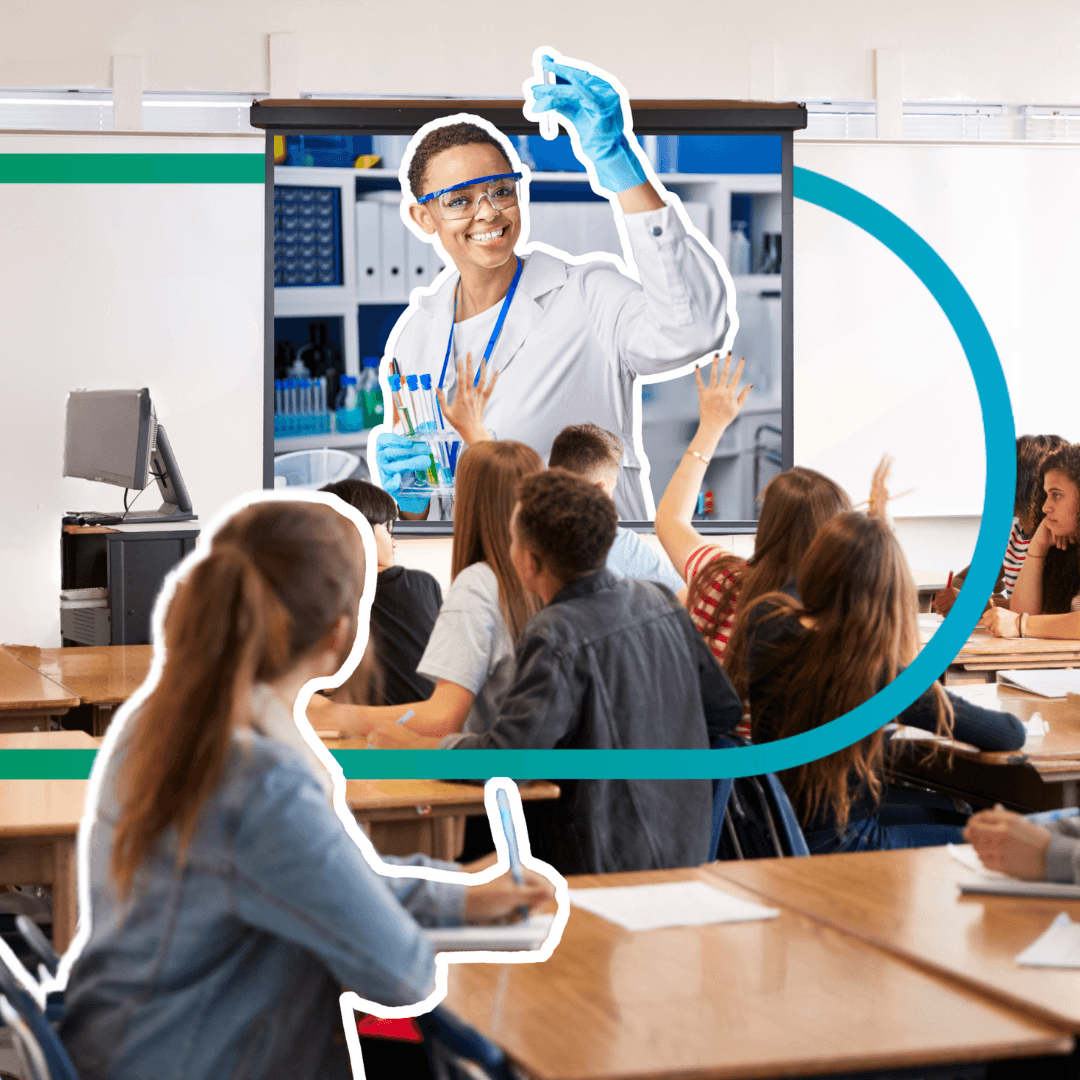
At Pathful, we believe every student deserves to enter adulthood with eyes wide open—aware of their options, realistic about their challenges, and equipped with the skills they need to adapt and thrive. The OECD data shows we're not there yet, but it also shows us exactly where we need to focus our efforts.
The career readiness crisis is real, but it's not insurmountable. With better career exploration that emphasizes experience over information, reality over fantasy, and preparation over promises, we can help students build futures that are both ambitious and achievable.
Because when students understand the world of work—really understand it—they make better choices. And when they make better choices, they build better lives.
The question isn't whether we can afford to invest in better career exploration. The question is whether we can afford not to.
Ready to transform career exploration at your school? The data is clear, the need is urgent, and the solutions are within reach. Let's work together to give students the real-world career preparation they deserve.

.webp)

.webp)

.png)
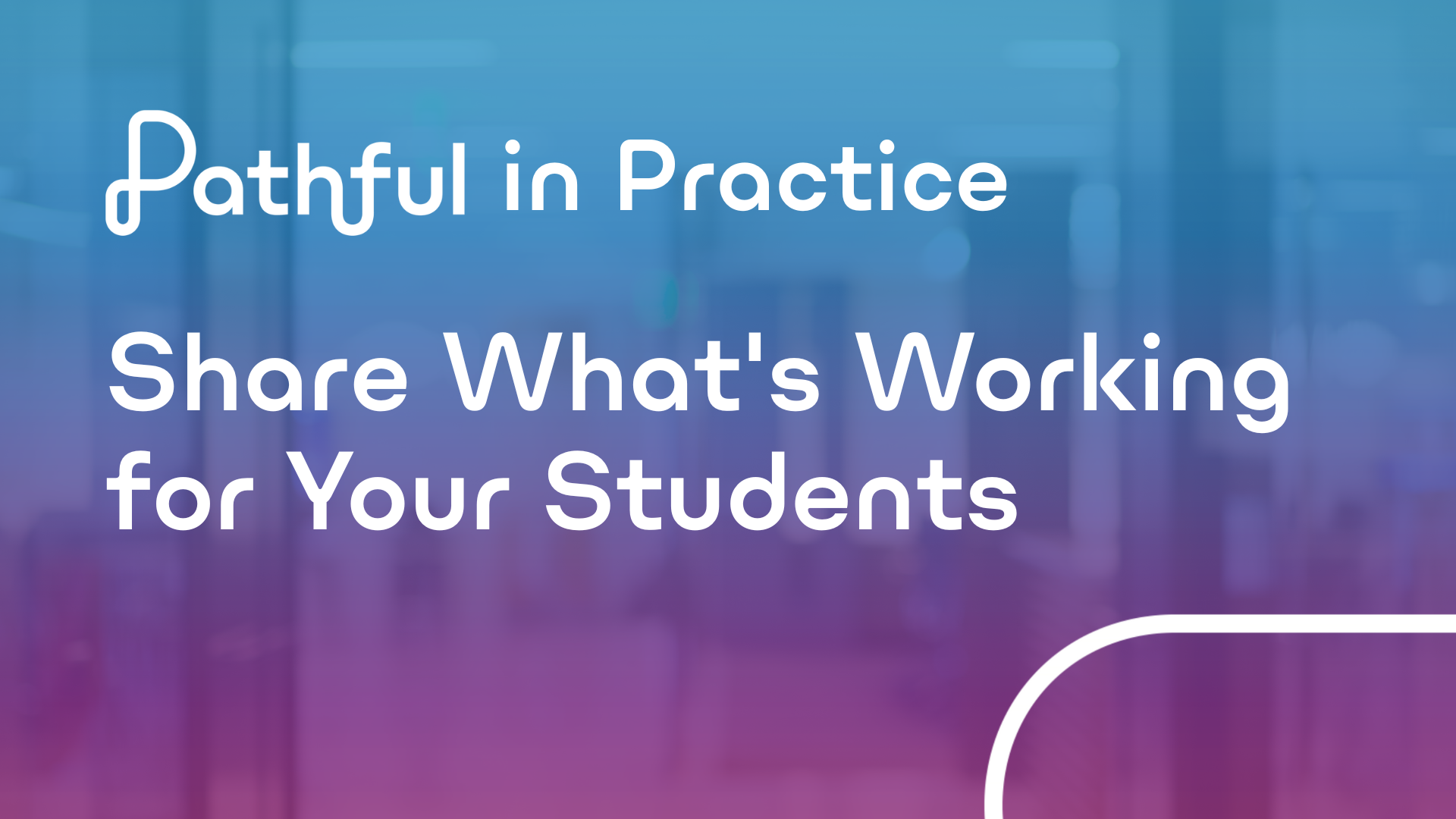
.png)
.png)



.png)
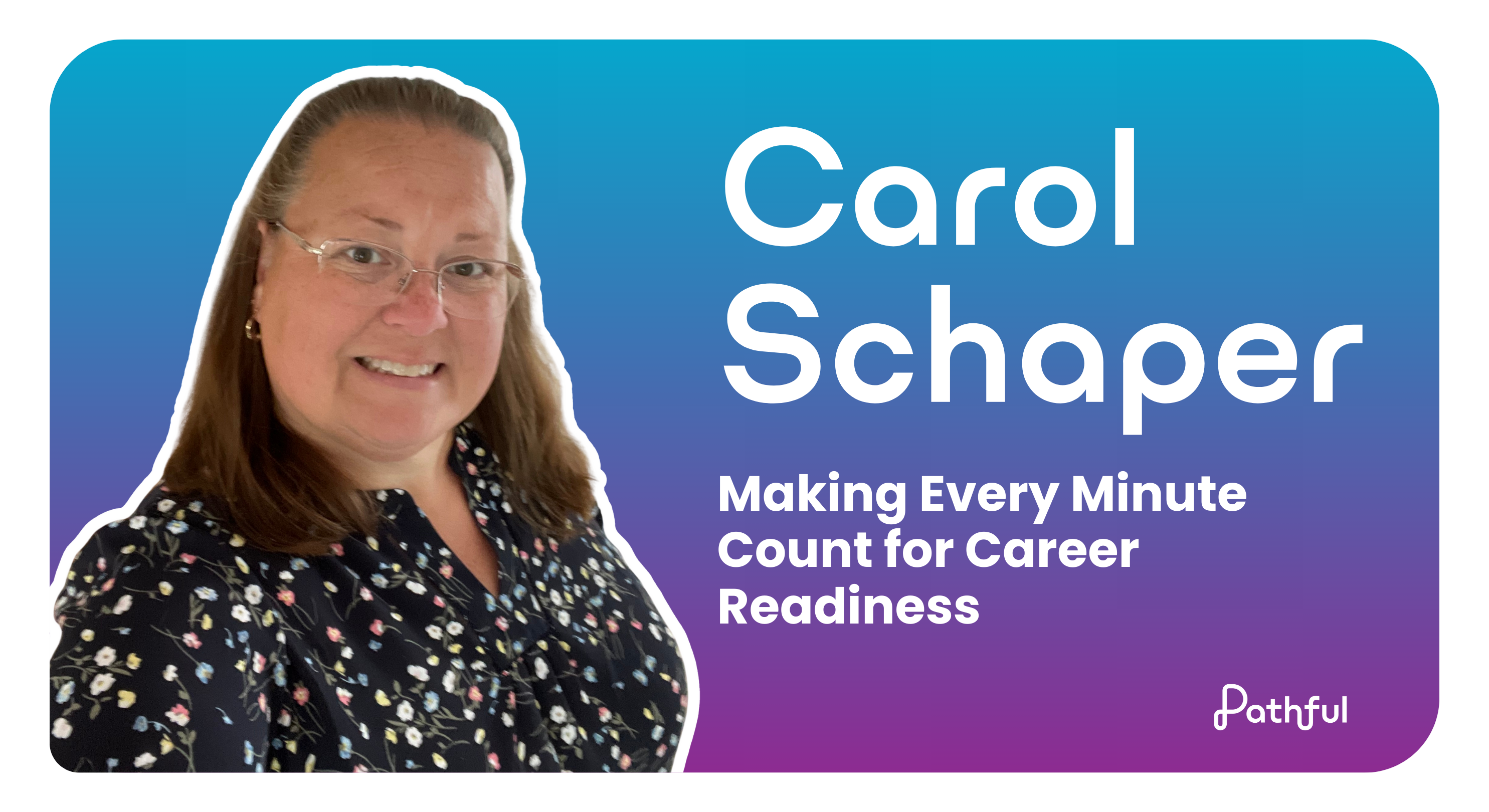
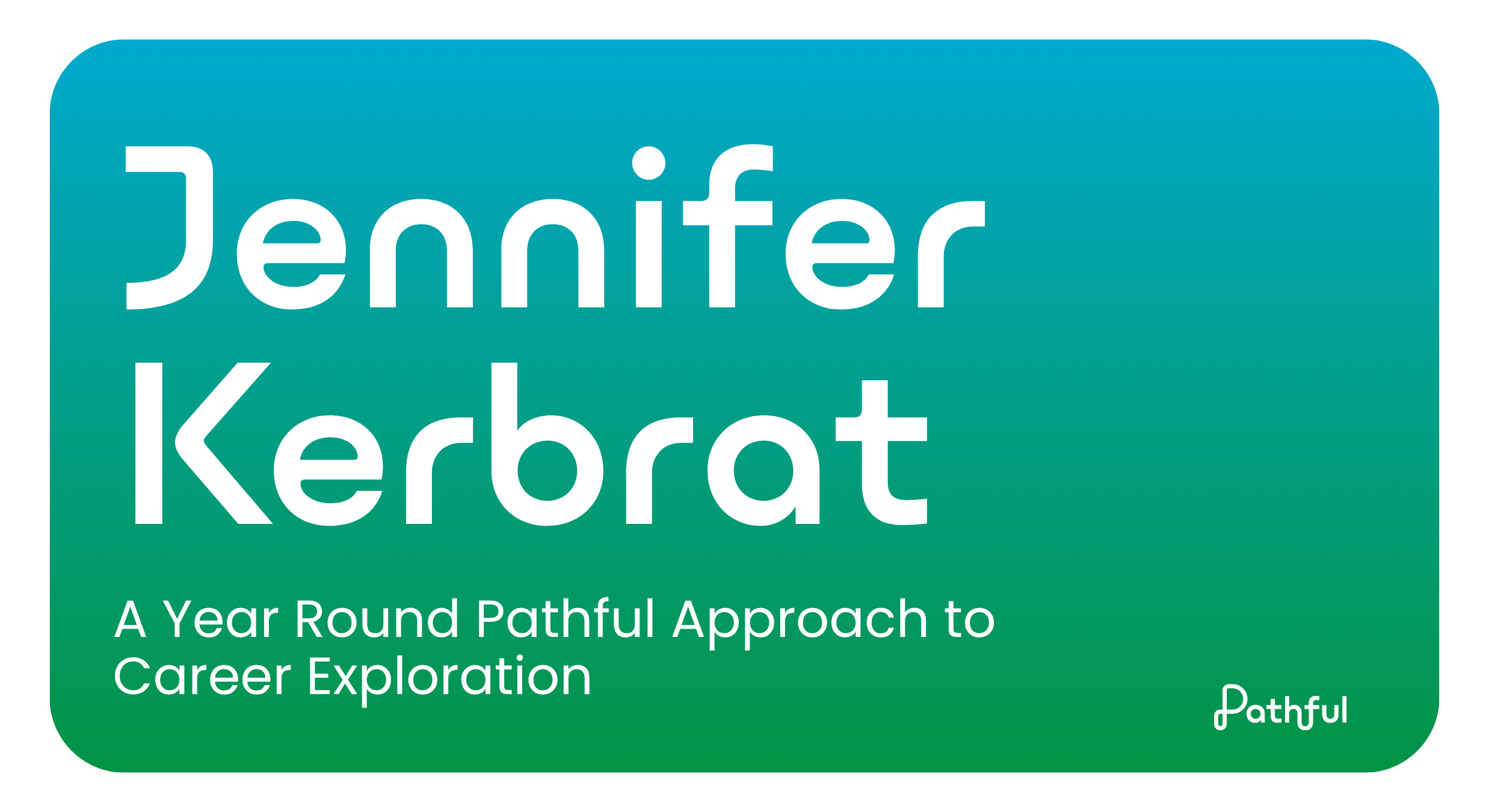
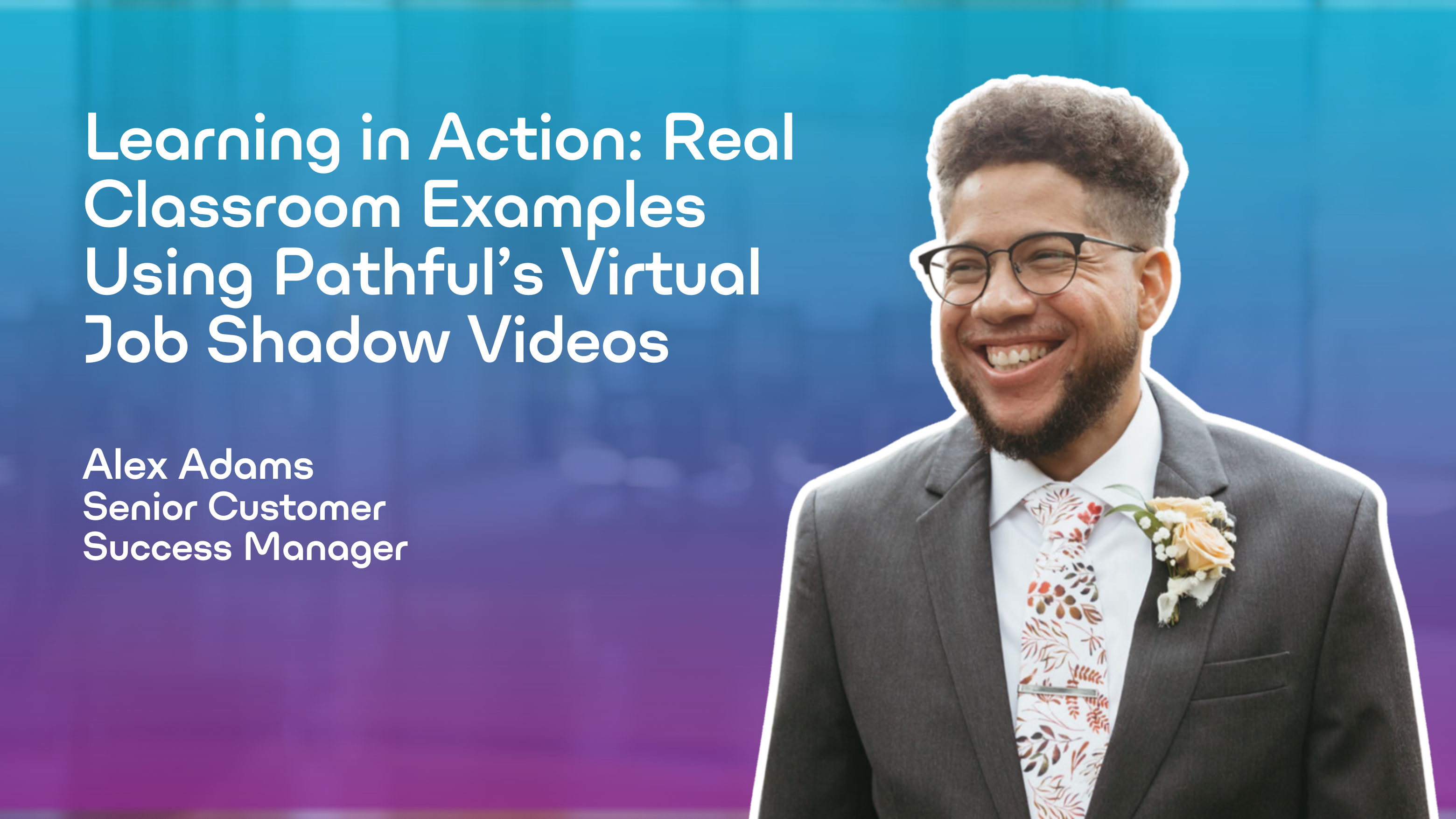
.png)


.png)


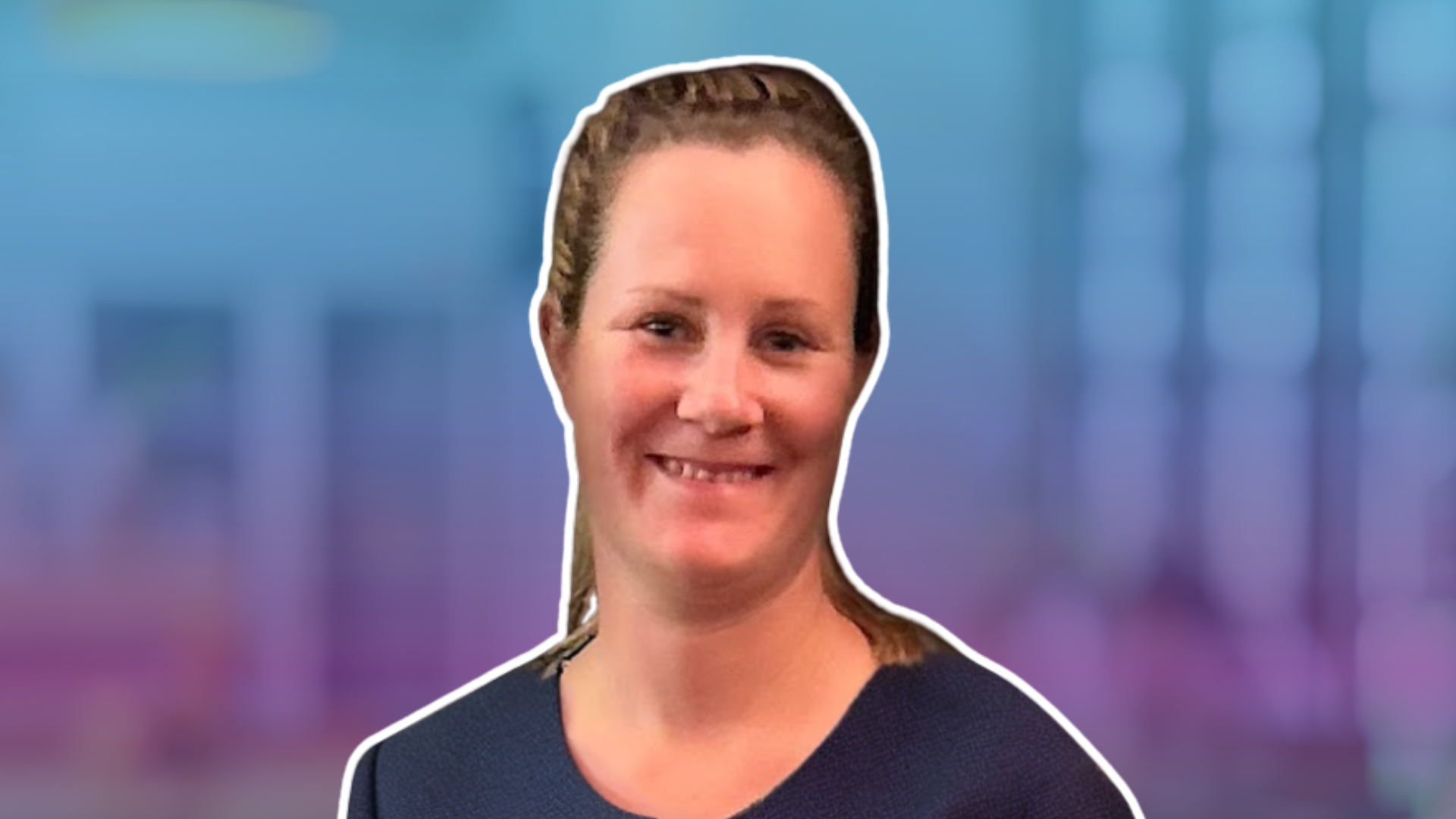
.png)
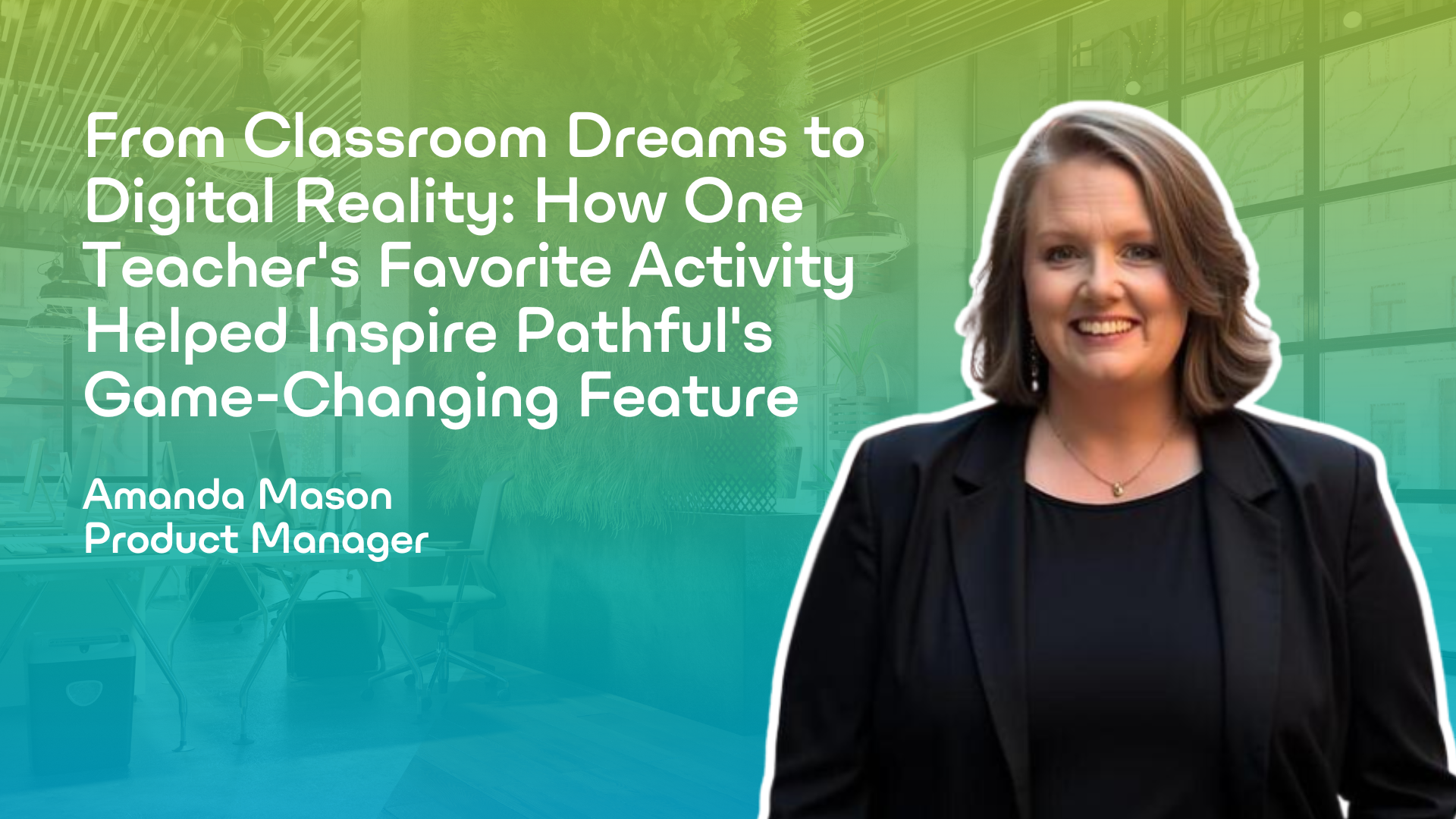

.png)
.png)

.png)
.png)
%20(1).png)
.png)
.png)
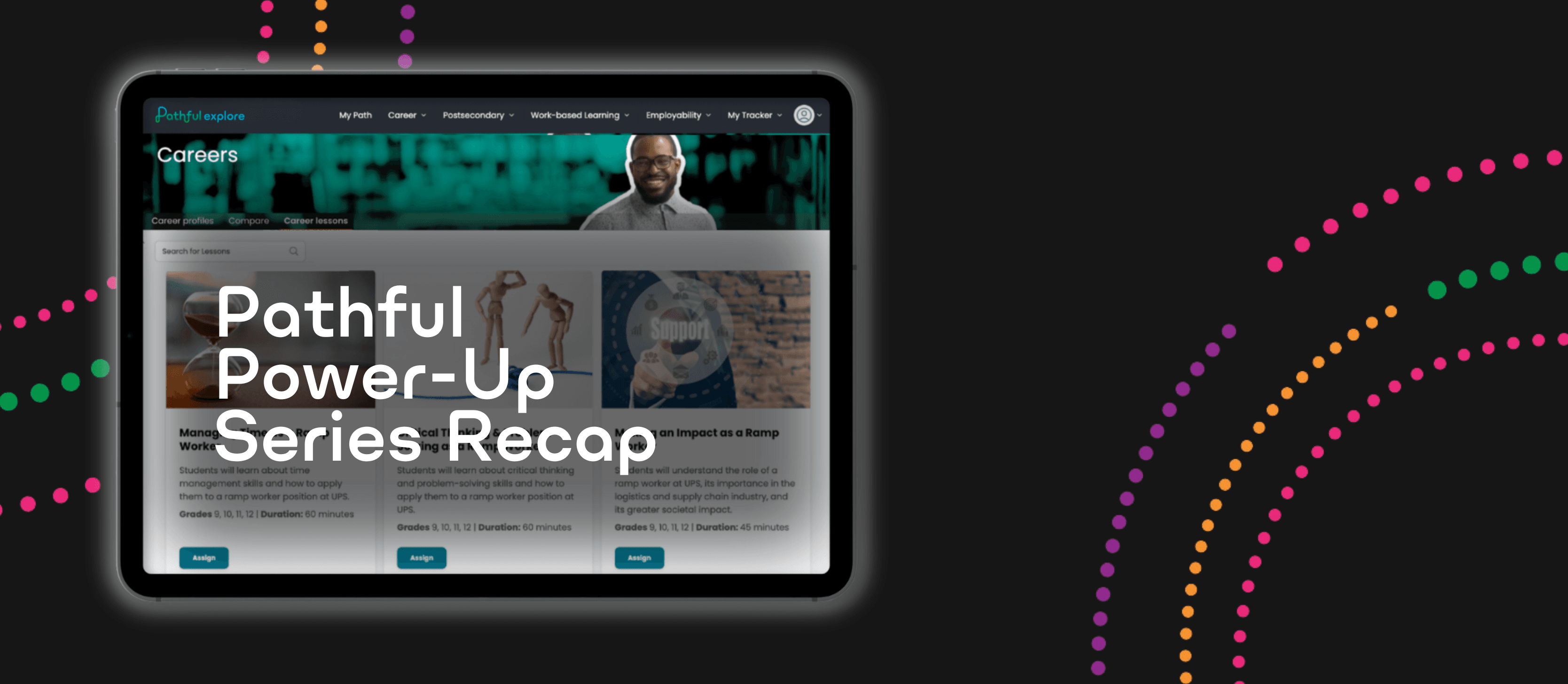


.png)
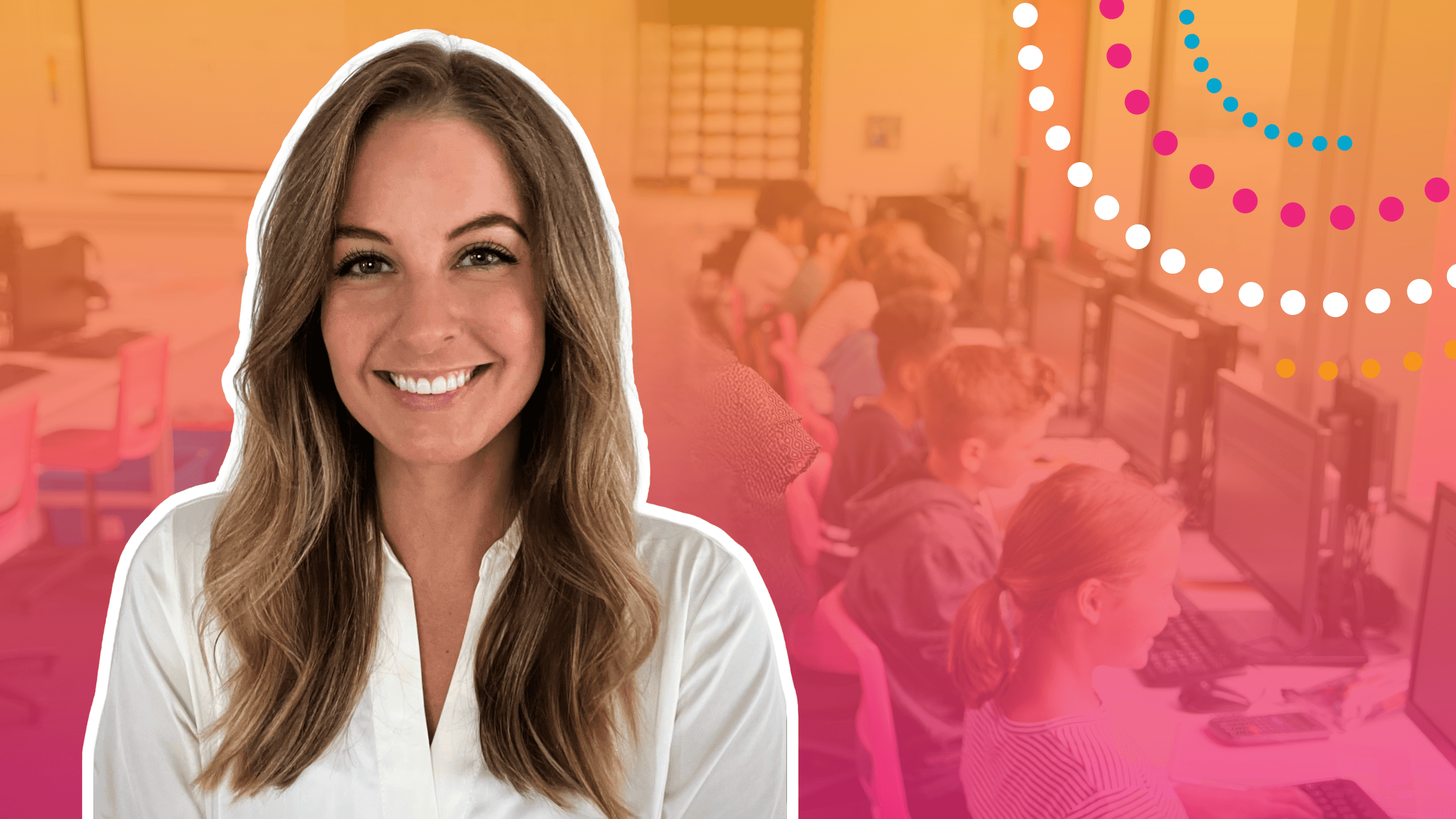
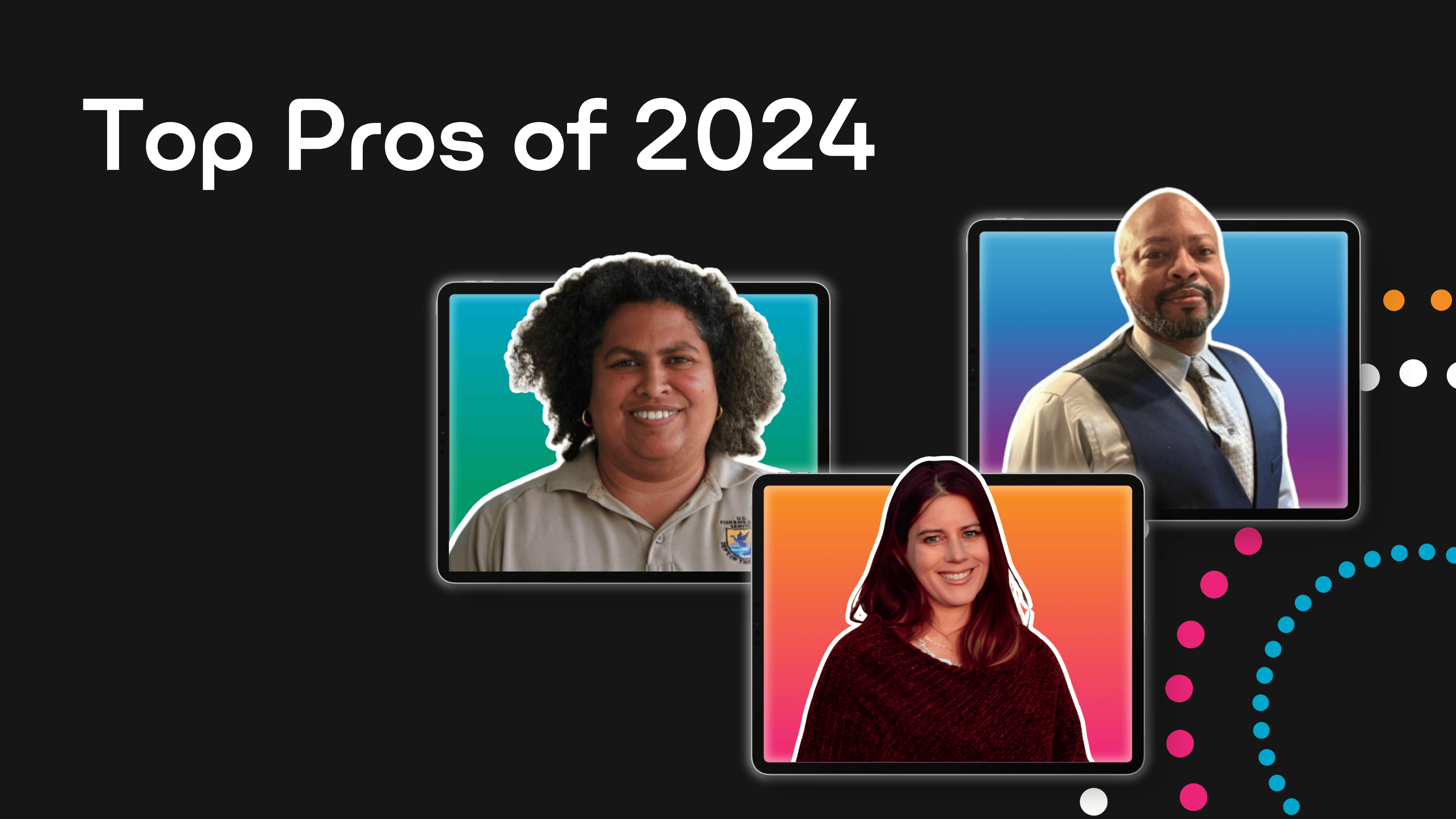

.png)
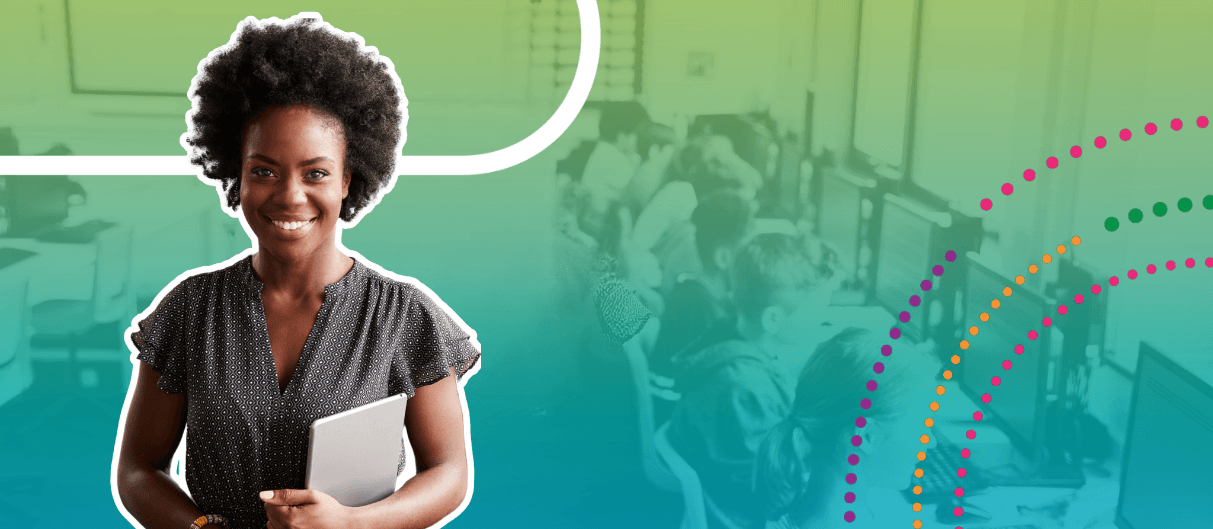


.png)

.png)

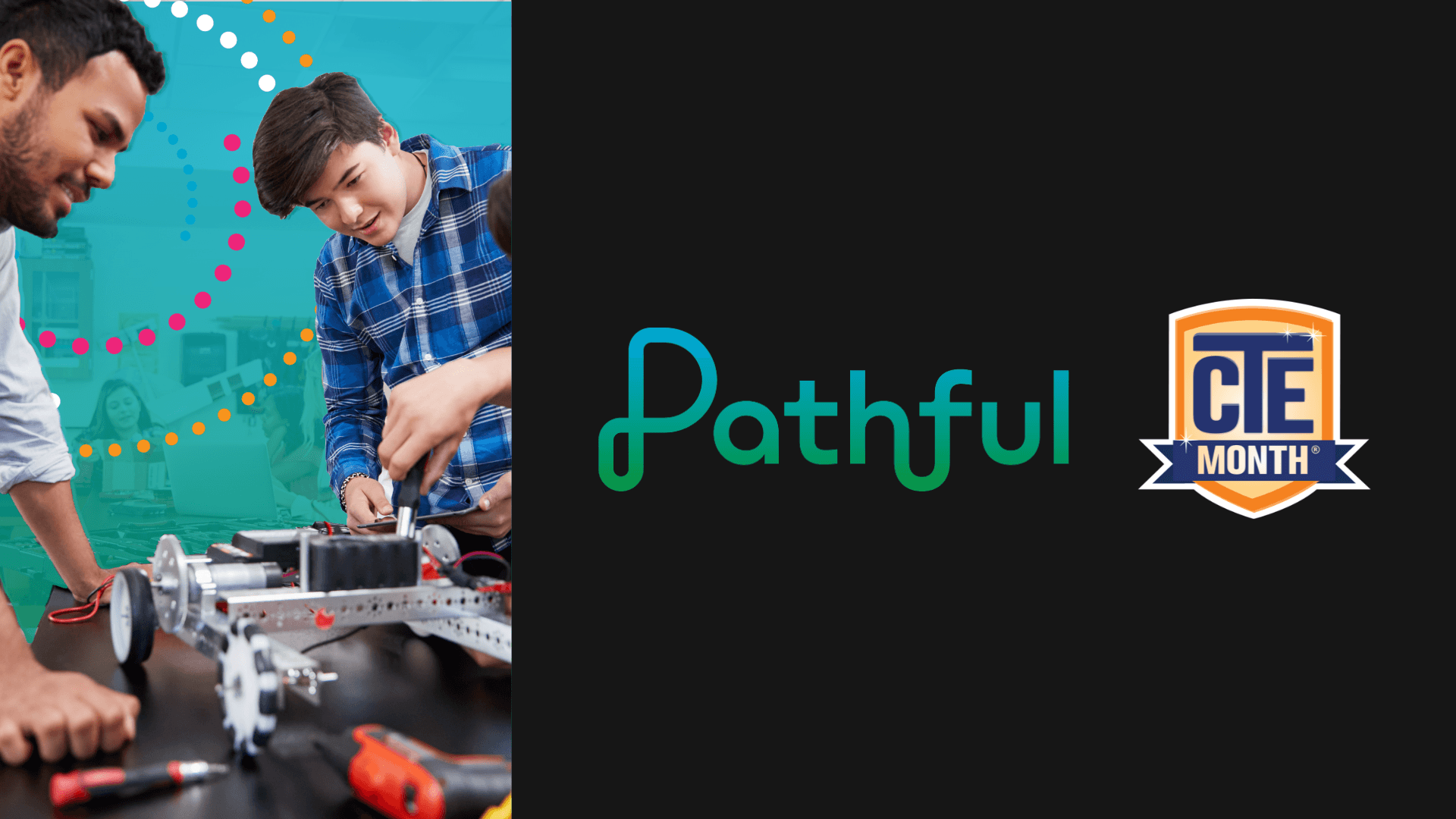
.png)
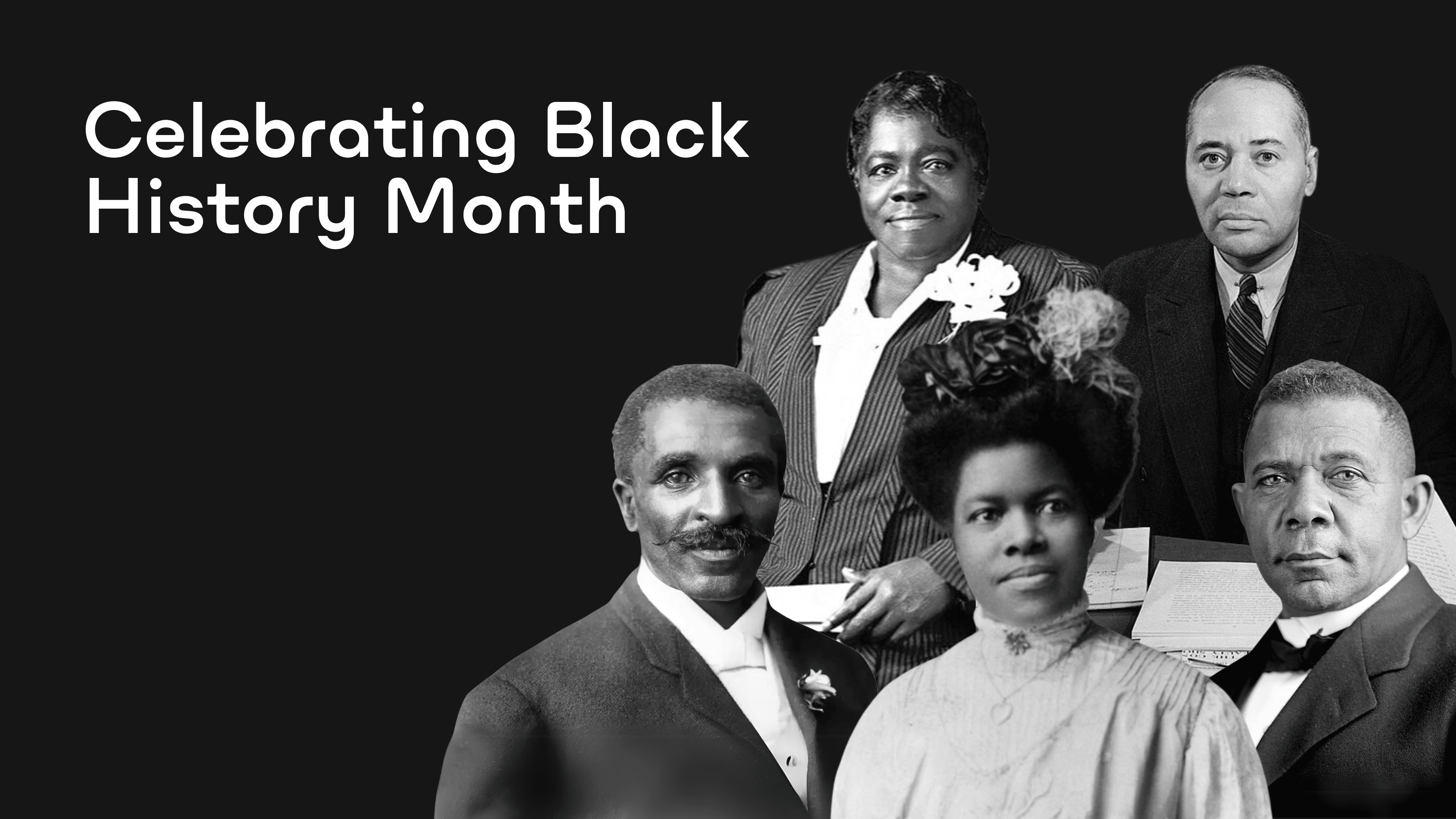
.png)




.png)



.png)

.png)
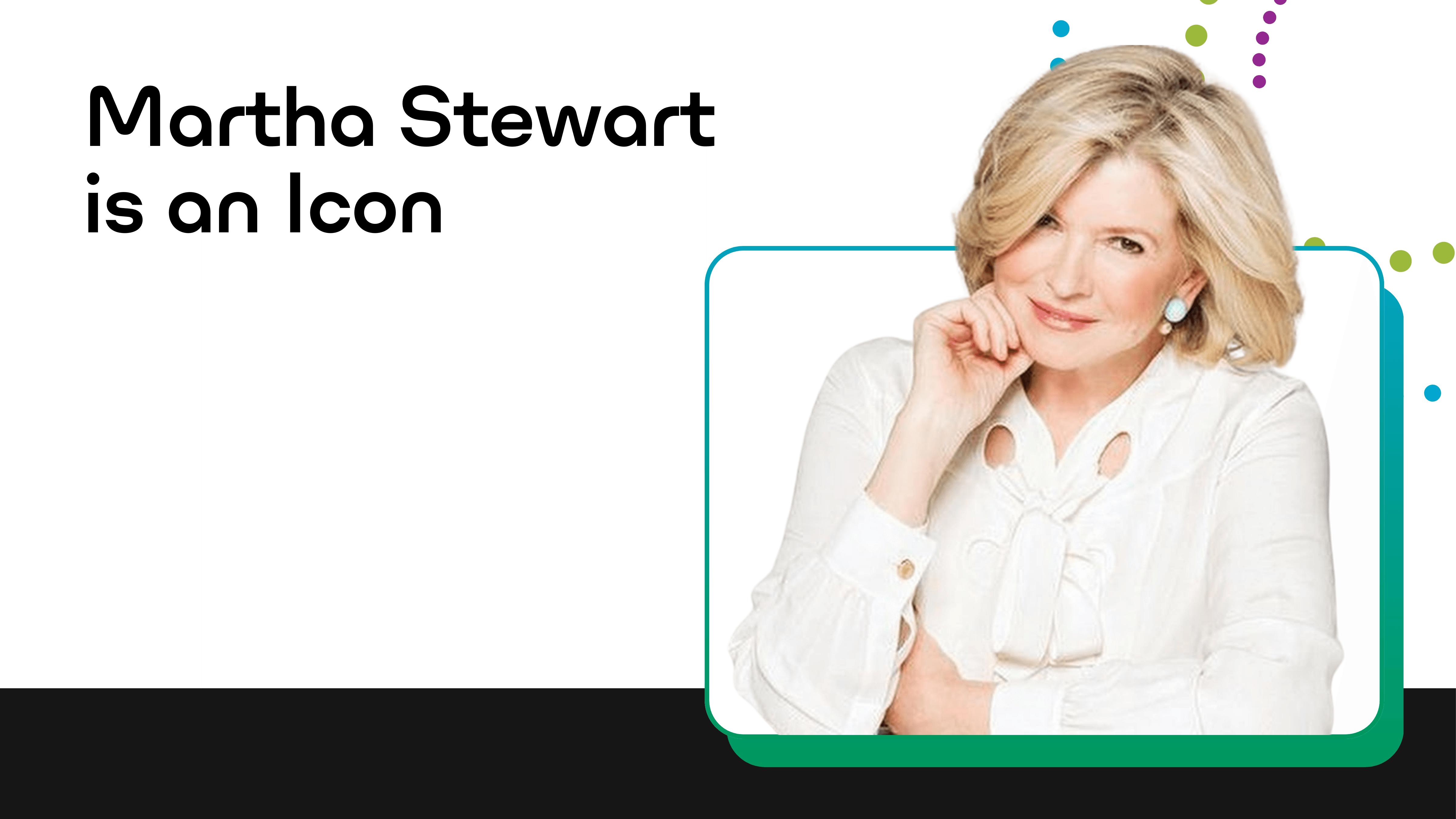


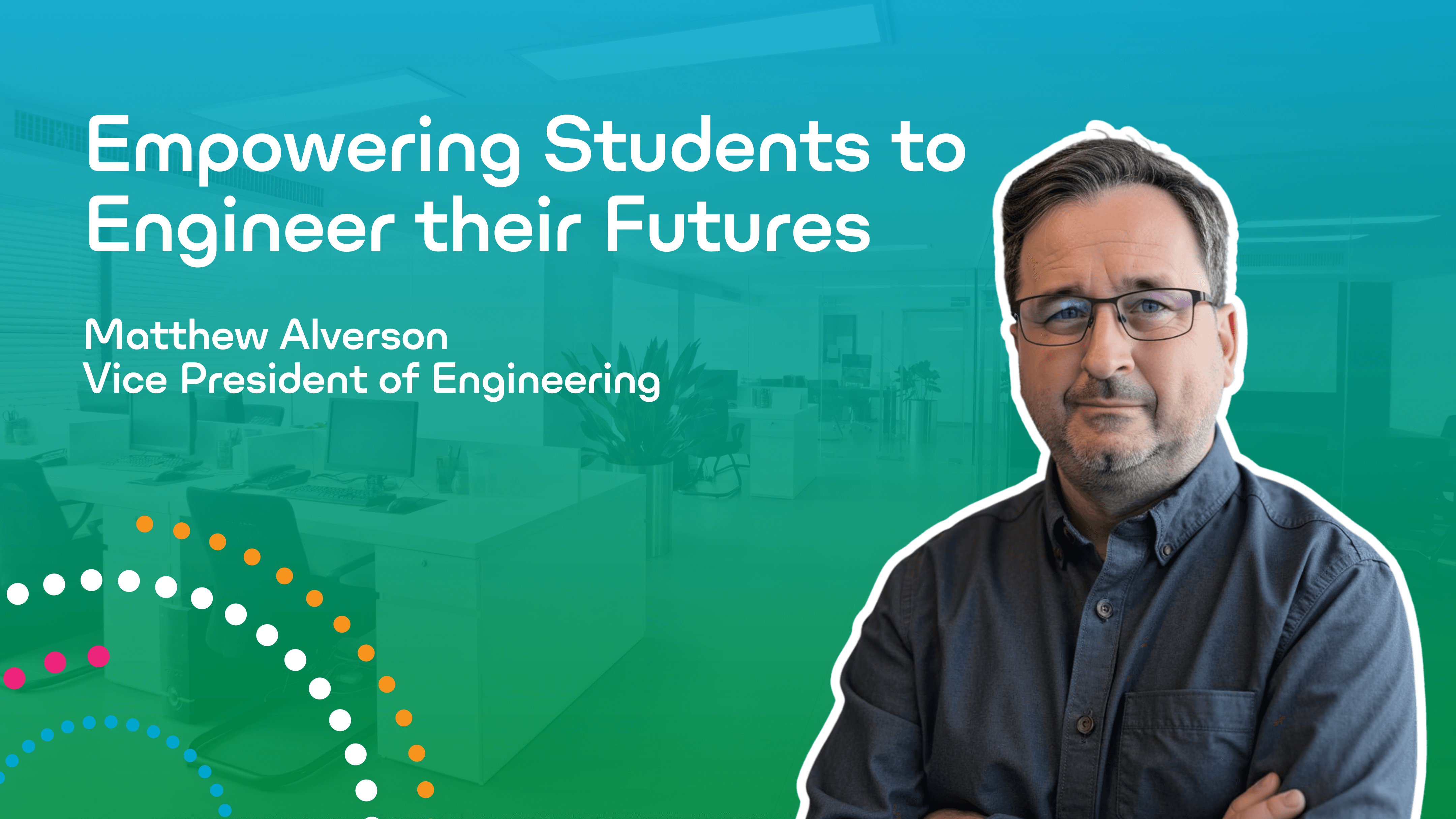


.png)


.webp)
.webp)
%20(1)%20(1).webp)
.webp)
.webp)